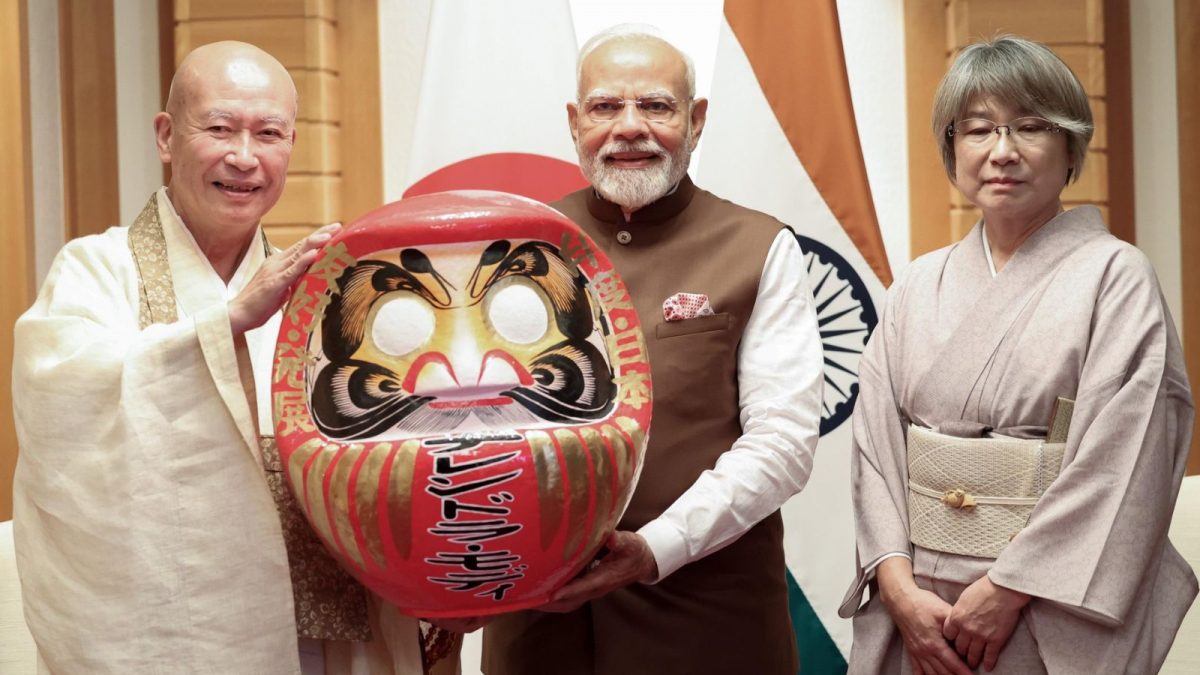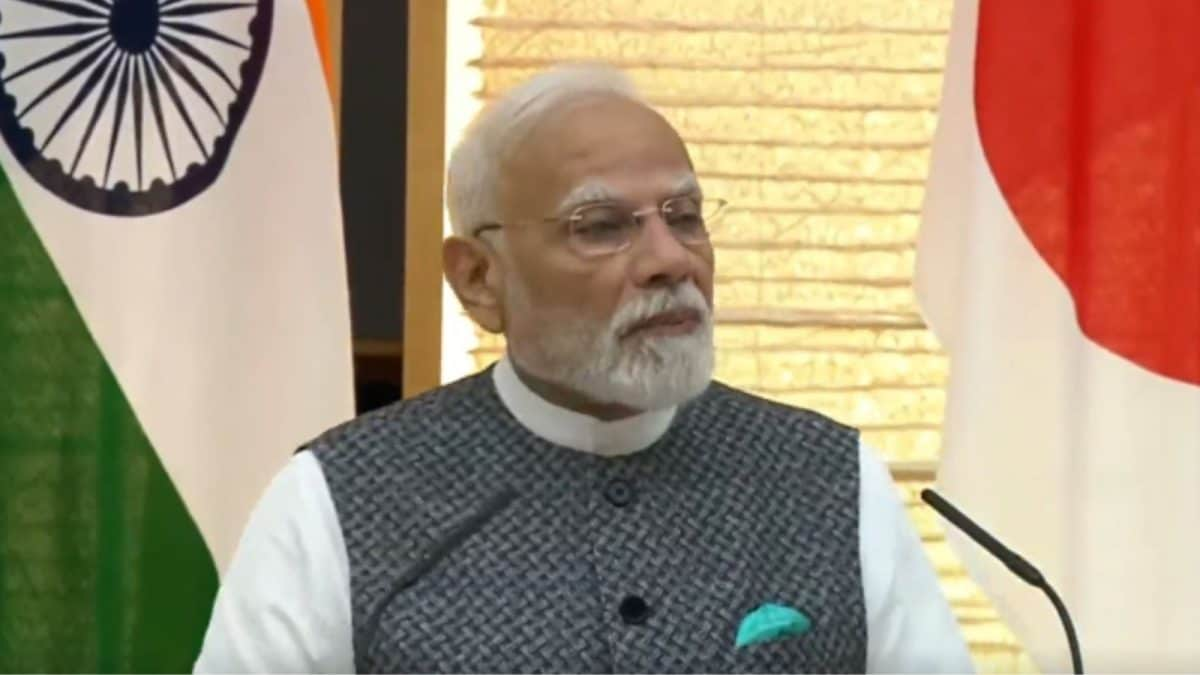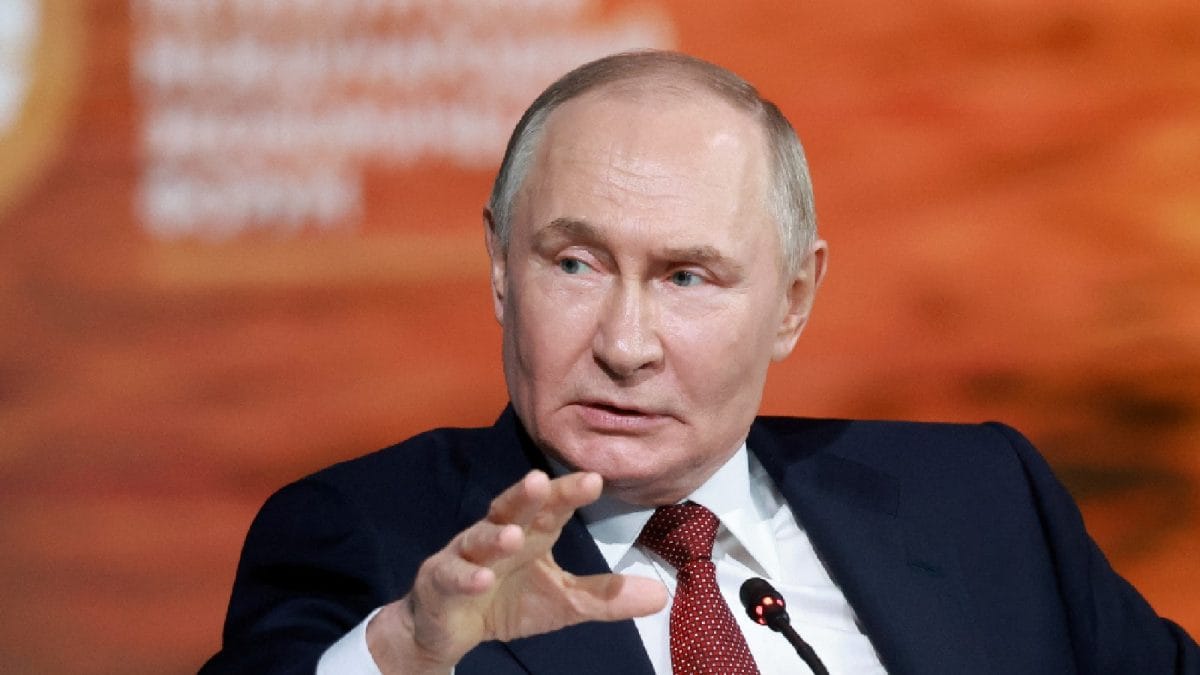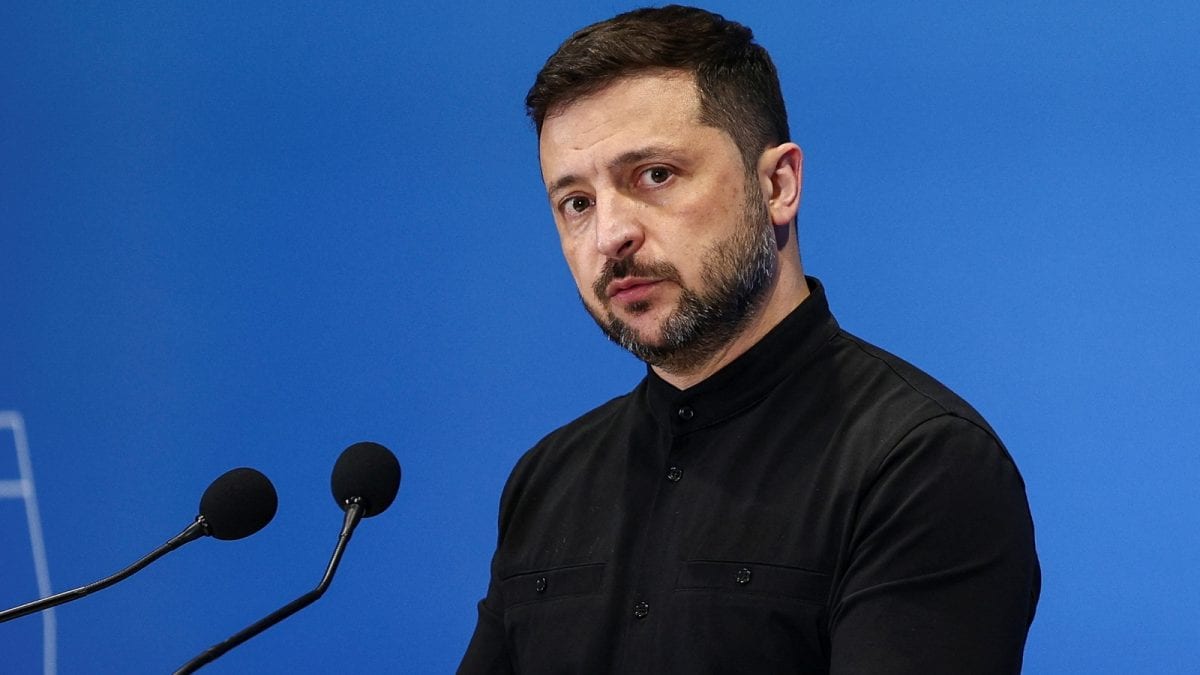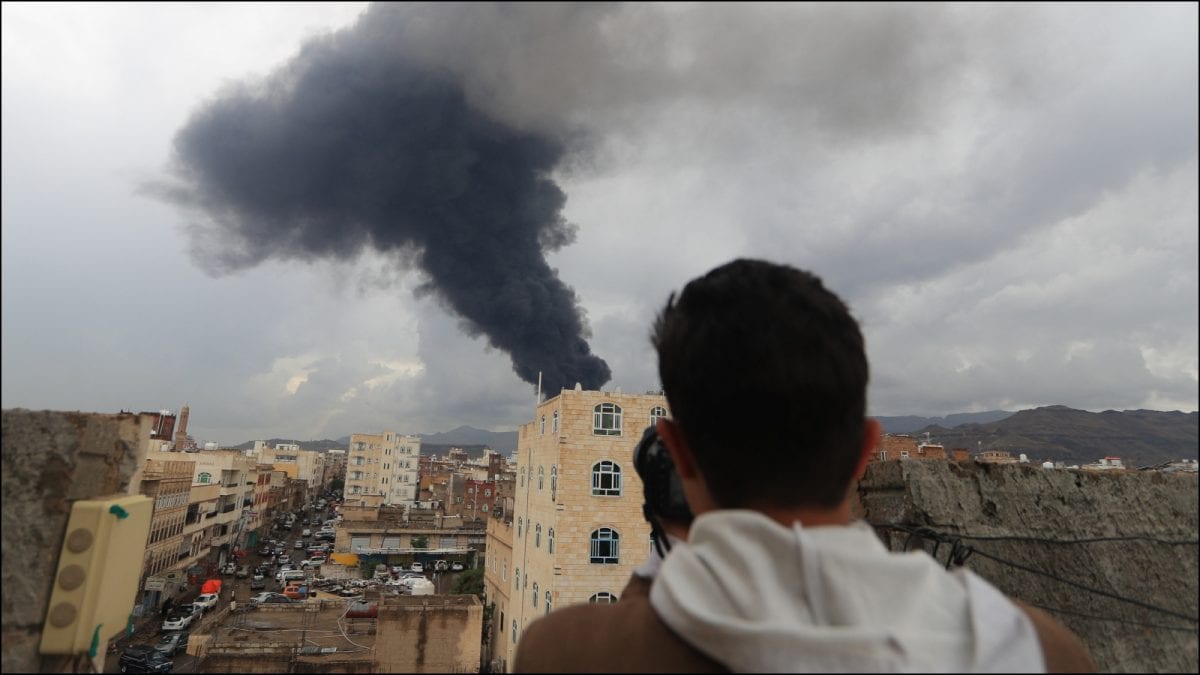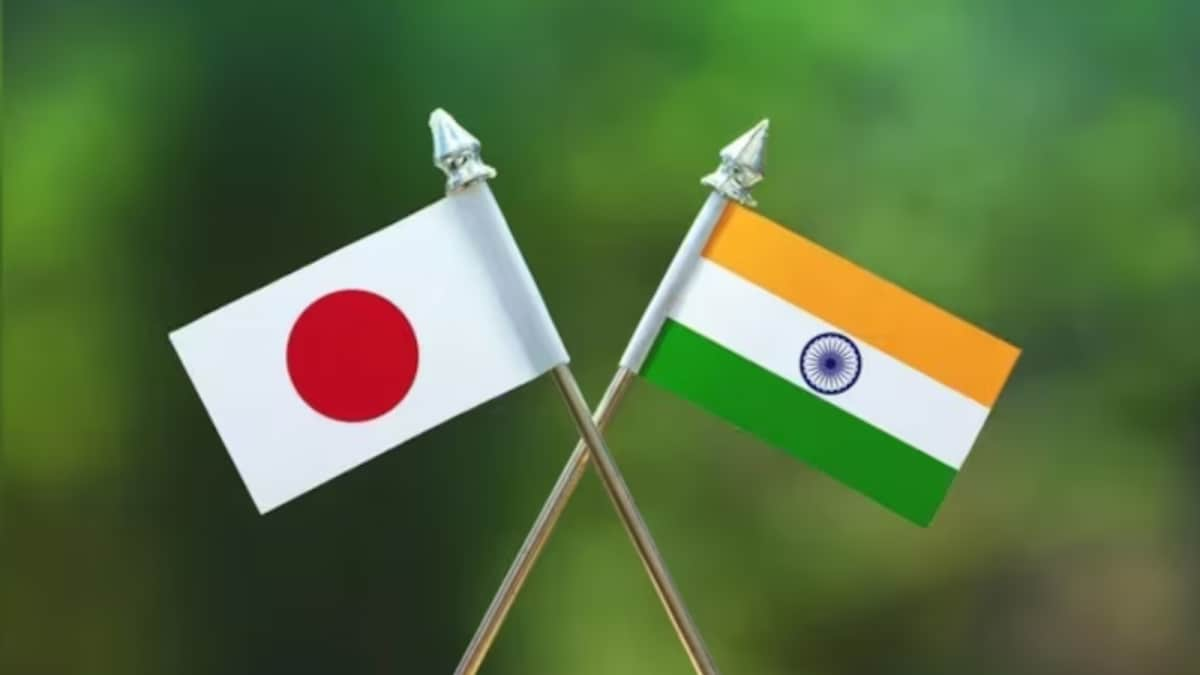Last Updated:August 29, 2025, 19:30 IST
During PM Modi's talks with Shigeru Ishiba, both leaders expressed concern over the situation in the South China Sea and condemned terrorism in all its forms.

Japan PM Shigeru Ishiba with Prime Minister Narendra Modi. (PMO)
India and Japan expressed strong concern over he situation in the East China Sea and the South China Sea and reiterated their opposition to any unilateral actions in the region, while condemning terrorism in all manifestations, during Prime Minister Narendra Modi’s meeting with his Japanese counterpart Shigeru Ishiba on Friday.
PM Modi was received by Ishiba at the Prime Minister’s Office (Kantei), where they held delegation-level talks and recalled the longstanding friendship between India and Japan, according to a joint statement. The two leaders appreciated the significant strides made by the India-Japan partnership over the last decade and held constructive discussions on ways to strengthen the strategic and forward-looking partnership.
South China Sea
PM Modi and Ishiba expressed concern over the situation in the East China Sea and the South China Sea and reaffirmed their strong opposition to any unilateral actions that endanger the safety as well as freedom of navigation and overflight, and attempt to change the status quo by force or coercion.
They also shared their serious concern over the militarisation of disputed features and said all disputes should be resolved peacefully in accordance with international law.
China claims nearly the entire South China Sea, overlapping with maritime zones of Brunei, Indonesia, Malaysia, the Philippines and Vietnam. Despite an international tribunal saying that China’s sweeping claims have no basis under international law, Beijing continues to enforce its claims.
They also unequivocally and strongly condemned terrorism and violent extremism in all its forms and manifestations, including cross-border terrorism. Both PMs condemned the Pahalgam terror attack on April 22, in which 26 tourists were gunned down by terrorists linked to Pakistan’s Lashkar-e-Taiba (LeT).
They also took note of the United Nations Security Council Monitoring Team Report of 29 July, mentioning The Resistance Front (TRF), which claimed responsibility for the attack. The Japanese PM also noted this with concern, as per the statement.
Both leaders called for the perpetrators, organisers, and financiers of the barbaric act to be brought to justice without any delay. They also called for concerted actions against all UN-listed terrorist groups and entities, including Al Qaeda, ISIS/Daesh, Lashkar-e-Tayyiba (LeT), Jaish-e-Mohammad (JeM) and their proxies, and to take resolute actions to root out terrorists’ safe havens, eliminate terrorist financing channels and their nexus with transnational crime, and halt cross-border movement of terrorists.

Aveek Banerjee is a Senior Sub Editor at News18. Based in Noida with a Master's in Global Studies, Aveek has more than three years of experience in digital media and news curation, specialising in international...Read More
Aveek Banerjee is a Senior Sub Editor at News18. Based in Noida with a Master's in Global Studies, Aveek has more than three years of experience in digital media and news curation, specialising in international...
Read More
Tokyo, Japan
First Published:August 29, 2025, 19:30 IST
News world India, Japan Express Concern Over 'Unilateral Actions' In South China Sea, Condemn Terrorism
Disclaimer: Comments reflect users’ views, not News18’s. Please keep discussions respectful and constructive. Abusive, defamatory, or illegal comments will be removed. News18 may disable any comment at its discretion. By posting, you agree to our Terms of Use and Privacy Policy.
Read More

 1 hour ago
1 hour ago

